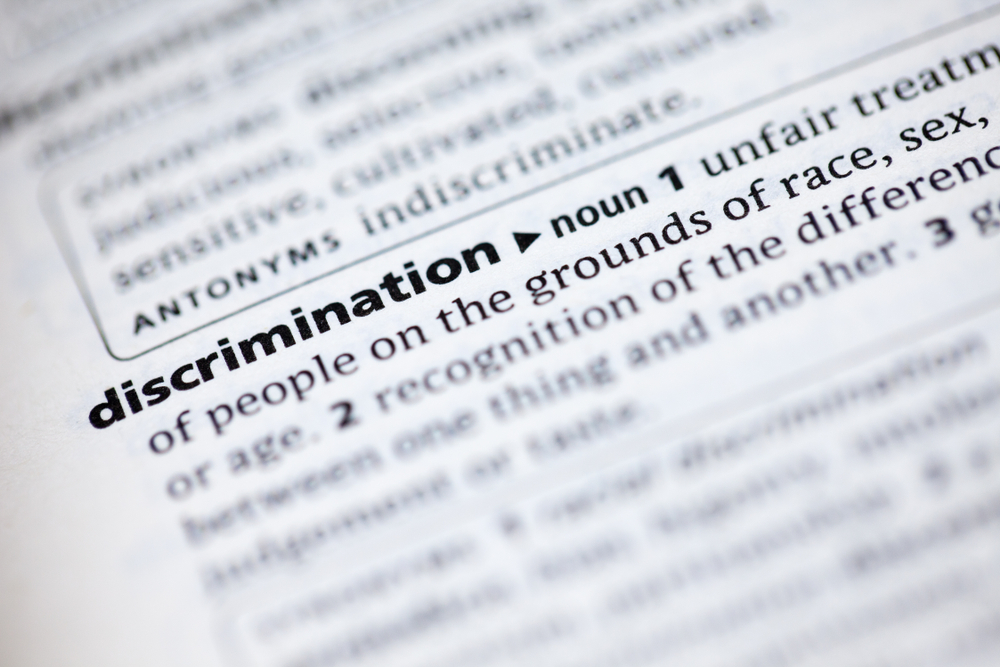The EPA is investigating two administrative complaints alleging the Louisiana Department of Environmental Quality (LDEQ) discriminates based on race in violation of Title VI of the 1964 Civil Rights Act.
The first complaint (No. 01R-22-R6) was filed by Earthjustice and Lawyers’ Committee for Civil Rights Under Law on behalf of Concerned Citizens of St. John and Sierra Club.
It “alleges … specifically that LDEQ’s actions and failures to undertake certain actions, relative to the Denka Performance Elastomer LLC (Denka) facility, and other nearby sources, subject the predominantly Black residents of St. John the Baptist Parish to disproportionate levels of air pollution, including chloroprene emitted by Denka and ethylene oxide from various nearby sources,” states a letter from the EPA External Civil Rights Compliance Office (ECRCO) to Chuck Carr Brown, PhD, secretary of the LDEQ. “This complaint also alleges that LDEQ is engaged in an ongoing discriminatory policy or practice evidenced by LDEQ’s continued failure to review, renew or strengthen measures for certain Denka air pollution permit applications, failure to properly conduct public notice and comment on air pollution permit renewals, and failure, timely and transparently, to fulfill the terms of a grant awarded by EPA to assess the causes of higher cancer risk in St. John the Baptist Parish.”
The second complaint (No. 04R-22-R6) was filed by Tulane Environmental Law Clinic on behalf of Stop the Wallace Grain Terminal, Inclusive Louisiana, RISE St. James, and the Louisiana Bucket Brigade.
It “alleges LDEQ discriminates on the basis of race in implementing its air pollution control program by subjecting Black residents to ongoing disproportionate and adverse health and environmental impacts and that LDEQ fails to provide Black residents with meaningful involvement in air permitting decisions,” states the ECRCO letter. “The complaint also specifically alleges that LDEQ’s August 5, 2021 decision to reaffirm issuance of 14 new air permits to the FG LA, LLC (Formosa) facility will subject the predominantly Black residents of St. James Parish to disproportionate levels of air pollution emitted by Formosa, including criteria air pollutants such as particulate matter (PM2.5), nitrogen dioxide, volatile organic compounds, and carbon monoxide, as well as toxic and carcinogenic air pollutants such as ethylene oxide, benzene, and formaldehyde.”
Cancer Alley
The locations in question have received the unflattering nickname of Cancer Alley, which is an industrial stretch of land along the Mississippi River in southeastern Louisiana between Baton Rouge and New Orleans.
Studies in the area have shown that residents in certain populations in the area, which includes a high percentage of black and low-income residents, experience “higher-than-normal amounts of lung, stomach, and kidney cancer,” reports Verywell Health.
A study partly funded by Shell Oil “found that those living in Cancer Alley were no more likely to die from cancer than those living in other parts of Louisiana. It even found that white males living in Cancer Alley had significantly lower cancer rates than their counterparts living elsewhere in the state,” verywellhealth.com continues. “For perspective, Louisiana, overall, has higher rates of cancer incidence and deaths (including during the study period) than the national average. When cancer is diagnosed, residents of the state have poorer survival rates than those in other parts of the country.
“Other research, however, shows a link between living near these petrochemical plants and developing cancer. In 2018, researchers collected health data from residents living within about 1.5 miles of the Denka plant and found that they had a 44% higher cancer prevalence than the national rate.”
The EPA’s EJScreen tool reveals Cancer Alley residents face a higher cancer risk from toxic air pollution than 90%–95% of the rest of the United States.
Numerous news sources report the LDEQ denies discriminatory practices and will work cooperatively with the EPA to resolve the complaints.
Denka Performance Elastomer, a Japanese-based company, owns the neoprene facility in St. Johns Parish, which is the only location in the United States emitting chloroprene, a known carcinogen.
Denka previously requested that the EPA revise its assessment of chloroprene as a carcinogen, but the Agency denied the request.
“A spokesperson for Denka denied the accusations in the complaints … pointing to Louisiana Tumor Registry results that show no widespread elevated cancer rates in St. John the Baptist Parish compared to the state average,” reports Grist.
Formosa Plastic’s “Sunshine Project,” a proposed $9.4 billion plastics plant planned for St. James Parish that has been subjected to numerous environmental-impact delays, is also under fire in the EPA investigation.
Company spokesperson Janile Parks defended the project in an e-mail, Biz New Orleans says. “The Sunshine Project has been thoroughly vetted and approved by parish and state bodies because it relied on sound science in design and met all regulatory criteria,” Parks wrote.
The ECRCO investigation is expected to conclude within 6 months.

